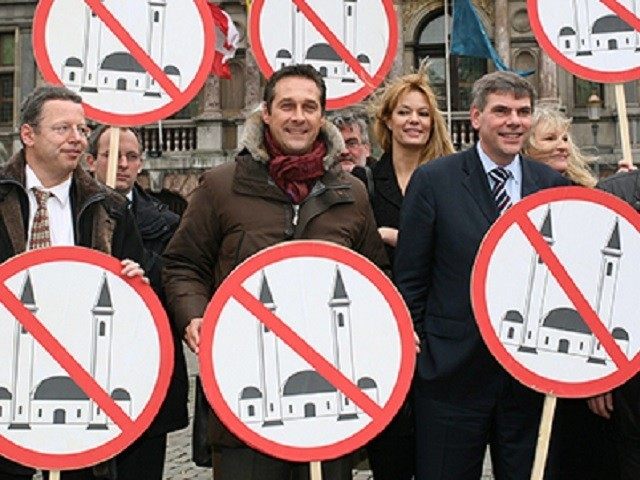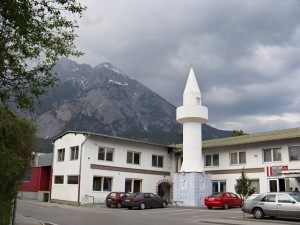Austrians consider themselves to be more tolerant of almost all sexual deviances from the norm. That’s not all. They readily accepted sexual equality and other races but did not extend their open mindedness to Islam, and even their fellow Austrians, who they believed to be bigoted.
Research commissioned by a group campaigning against fascism and racism found that over 70 per cent of Austrians not only saw themselves as tolerant, but self-described themselves as being comfortable with gay men, lesbian marriage, African dentists and Turkish doctors. The vast majority were also happy with women occupying positions of responsibility.
Reactions to world religions finding a new home in Austria were more mixed. While the Austrians polled seemed happy to share their neighbourhood with a new Buddhist temple, a clear majority said they would be uncomfortable with a relative converting to Islam. A similar proportion, 65 per cent said they wouldn’t want a new mosque built near their home, reports TheLocal.at.
Strangely, which the majority were happy with these key indicators of modern acceptance of new European culture, 60 per cent of Austrians also believed that other Austrians were, generally speaking, bigots. The finding suggests Austrians either have fairly low opinions of themselves, or the self-reported good intentions were less likely to translate into every day action and behaviour.
The research follows another recent social attitudes survey, which also found a distinctly cool demeanour towards Islam in the central European nation. As reported by Breitbart in February, 69 percent of Austrians said Islam should have no place in the nation, with slightly fewer going even further, saying it should “definitely” have no place in Austria.
Around half of Austrians then said they felt Islam posed a threat to Austria, while only seven per cent thought the faith was ‘part’ of the country.


COMMENTS
Please let us know if you're having issues with commenting.